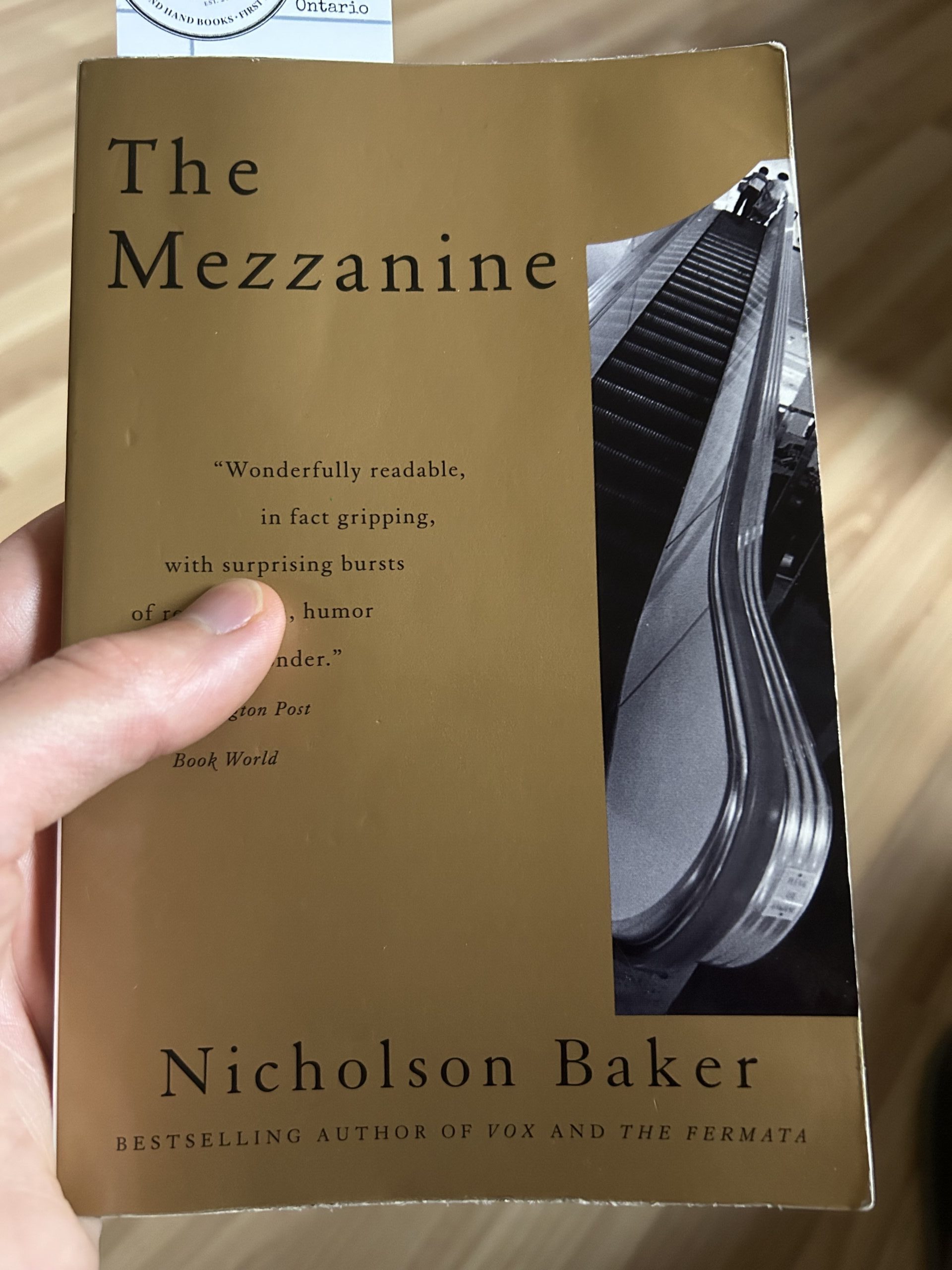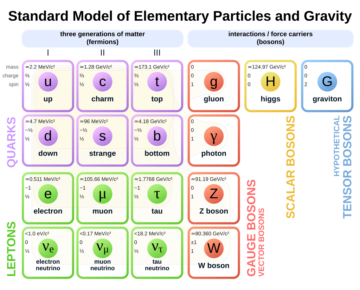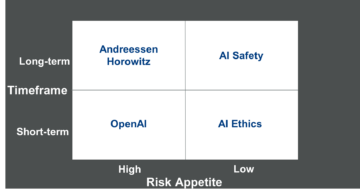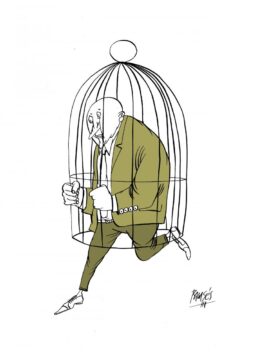by Barry Goldman
 Robert McDonnell was the Governor of Virginia in 2014 when the federal government indicted him and his wife on bribery charges. A Virginia businessman named Jonnie Williams provided the McDonnells with over $175,000 in “loans, gifts and other benefits.” In exchange, the Governor “arranged meetings, hosted events, and contacted other government officials” in an effort to advance the fortunes of Anatabloc, a nutritional supplement manufactured by Williams’ company.
Robert McDonnell was the Governor of Virginia in 2014 when the federal government indicted him and his wife on bribery charges. A Virginia businessman named Jonnie Williams provided the McDonnells with over $175,000 in “loans, gifts and other benefits.” In exchange, the Governor “arranged meetings, hosted events, and contacted other government officials” in an effort to advance the fortunes of Anatabloc, a nutritional supplement manufactured by Williams’ company.
Mr. and Mrs. McDonnell were convicted and sentenced to prison terms of two years and one year respectively. McDonnell appealed, and the Court of Appeals affirmed. He petitioned the Supreme Court, they granted certiorari, and we have the case of United States v. McDonnell.
I don’t want to be accused of spinning the facts here, so I’ll take my language directly from the Court’s decision. Here are two examples of the conduct at issue:
Governor McDonnell’s wife, Maureen McDonnell, offered to seat Williams next to the Governor at a political rally. Shortly before the event, Williams took Mrs. McDonnell on a shopping trip and bought her $20,000 worth of designer clothing. The McDonnells later had Williams over for dinner at the Governor’s Mansion, where they discussed research studies on Anatabloc.
At a subsequent meeting at the Governor’s Mansion, Mrs. McDonnell admired Williams’s Rolex and mentioned that she wanted to get one for Governor McDonnell. Williams asked if Mrs. McDonnell wanted him to purchase a Rolex for the Governor, and Mrs. McDonnell responded, “Yes, that would be nice.” Williams did so, and Mrs. McDonnell later gave the Rolex to Governor McDonnell as a Christmas present.
There is no dispute that McDonnell “arranged meetings, hosted events, and contacted other government officials” on behalf of Williams and Anatabloc. The question the court addressed was whether those were “official acts.” Here is more from the Court’s opinion:
[T]he federal bribery statute… makes it a crime for “a public official or person selected to be a public official, directly or indirectly, corruptly” to demand, seek, receive, accept, or agree “to receive or accept anything of value” in return for being “influenced in the performance of any official act.” An “official act” is defined as “any decision or action on any question, matter, cause, suit, proceeding or controversy, which may at any time be pending, or which may by law be brought before any public official, in such official’s official capacity, or in such official’s place of trust or profit.”
So let’s review. Williams wants to see universities in Virginia conduct trials of Anatabloc so he can get FDA approval to market it as a drug. He takes the Governor’s wife out and buys her $20,000 worth of clothes and a Rolex. The Governor invites him to the Mansion and also invites top health officials from his administration and executives from Virginia universities involved in drug research. What do you think is happening? Read more »







 e Mezzanine by Nicholson Baker is a novel about paying attention. After you read a chapter, you, too, begin paying attention to things you’ve never noticed before.
e Mezzanine by Nicholson Baker is a novel about paying attention. After you read a chapter, you, too, begin paying attention to things you’ve never noticed before.


 Robert McDonnell was the Governor of Virginia in 2014 when the federal government indicted him and his wife on bribery charges. A Virginia businessman named Jonnie Williams provided the McDonnells with over $175,000 in “loans, gifts and other benefits.” In exchange, the Governor “arranged meetings, hosted events, and contacted other government officials” in an effort to advance the fortunes of Anatabloc, a nutritional supplement manufactured by Williams’ company.
Robert McDonnell was the Governor of Virginia in 2014 when the federal government indicted him and his wife on bribery charges. A Virginia businessman named Jonnie Williams provided the McDonnells with over $175,000 in “loans, gifts and other benefits.” In exchange, the Governor “arranged meetings, hosted events, and contacted other government officials” in an effort to advance the fortunes of Anatabloc, a nutritional supplement manufactured by Williams’ company. Sughra Raza. Remains of The Day. Oolloo House, Vermont, August 2024.
Sughra Raza. Remains of The Day. Oolloo House, Vermont, August 2024.
 The battle lines are drawn. AI safety is fighting a battle on three fronts.
The battle lines are drawn. AI safety is fighting a battle on three fronts.


 Many of us live in a punitive, carceral type of society that can make it difficult to have compassion for ourselves or others. It’s an era of the glorification of the individual over the group, leading to perfectionism and narcissism and so, so much
Many of us live in a punitive, carceral type of society that can make it difficult to have compassion for ourselves or others. It’s an era of the glorification of the individual over the group, leading to perfectionism and narcissism and so, so much 